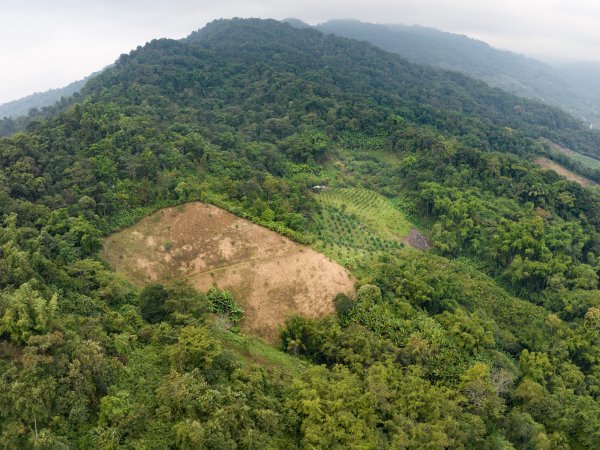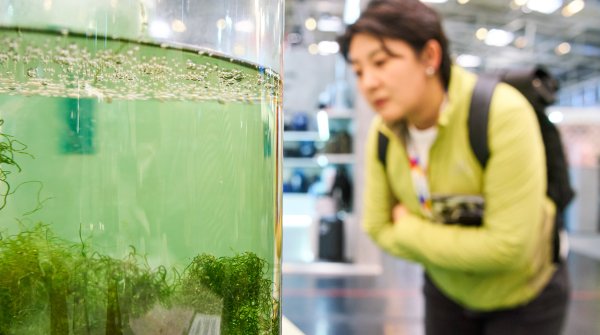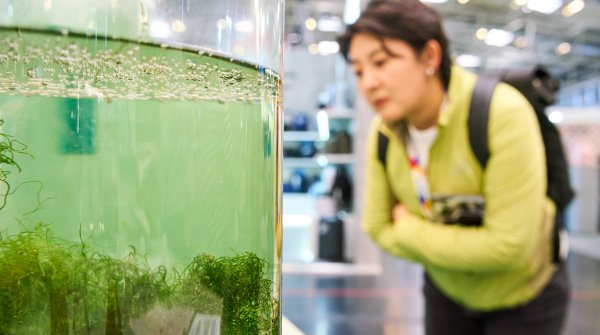Biodiversity refers to all forms of life on Earth. The term combines the prefix "bio" (from the Greek bíos, meaning "life") and the word "diversity." It is measured by taking into account the diversity of ecosystems, species, and genes, both in space and time. It is also about the interactions that exist within and between each of these levels.. Based on what was written in The fashion Pact in 2022: Since 1970, wildlife populations have fallen by an average of 69%. Up to now, according to the European Commission up to 90% of diversity loss is due to resource extraction. Also, the European Parliament Textile production is estimated that the textile industry is responsible for around 20% of global drinking water pollution, due to dyes and other finishing products. Those digits are frightening and that’s the whole industry’s duty to reduce the biodiversity printfoot.

- ISPO awards
- Mountain sports
- Bike
- Design
- Retail
- Fitness
- Health
- ISPO Job Market
- ISPO Munich
- ISPO Shanghai
- Running
- Brands
- Sustainability
- Olympia
- OutDoor
- Promotion
- Sports Business
- ISPO Textrends
- Triathlon
- Water sports
- Winter sports
- eSports
- SportsTech
- OutDoor by ISPO
- Heroes
- Transformation
- Sport Fashion
- Urban Culture
- Challenges of a CEO
- Trade fairs
- Sports
- Find the Balance
- Product reviews
- Newsletter Exclusive Area
- Magazine







